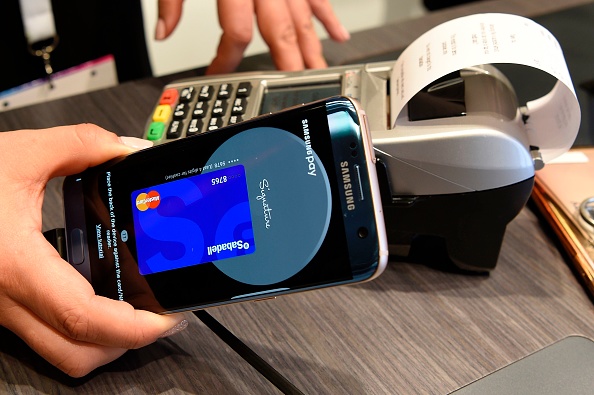True story: When I was in my 20s and wanted to keep in touch with a new friend, it wasn’t uncommon to exchange checkbook bank deposit slips, conveniently preprinted with name, address and phone number.
“And if you feel like putting some money in my account, that’d be okay too,” I’d joke (oh so witty).
In those days, no one thought about the potential to misuse the account numbers printed on the slips.
But life is more complicated now.
Data breaches like the one last week at various Bay Area Whole Foods locations might make people wonder if they should use debit and credit cards. An identity theft expert said using plastic is still safer than paying with cash or check.
Credit cards are possibly the safest, because holders have 60 days to dispute unauthorized charges, and although the law allows cardholders to be liable for up to $50, in practice, nearly every card issuer offers zero liability.
Debit cards are a little trickier, in that people must keep an eye on their accounts, because they only have a few days to report it.
Carrie Kerskie, director of the Identity Fraud Institute at Hodges University, advises that people who use debit cards should be using online banking to keep tabs on their account activity to detect any unauthorized spending.
In either case, although it might be distressing to have credit cards run up or bank accounts drained by identity thieves, in most cases victims will be made whole.
Although mobile wallet services like Apple Pay offer convenience and various security features, making their use fairly secure for consumers (it is virtually impossible for credit card information to be stolen from a mobile wallet app) they can make it easier for identity thieves to use stolen cards, according to the New York Times.
Chip cards are chipping away at credit card fraud, according to Visa.
Merchants who upgraded to chip devices saw a drop of 58 percent in counterfeit fraud, according to information posted on Visa’s website.
Some interesting information about the relative merits of mobile wallets and chip cards can be found here.
However, while the chip cards are a deterrent, determined thieves are working around the clock to find a way around them; there is no magic bullet against identity theft.
“We’re no longer in control of our information,” Kerskie said. “Nothing in digital format can be protected 100 percent.”
The Equifax breach carries far greater potential for harm than those at Whole Foods or Target, Kerskie said, because Social Security numbers were compromised along with other personal information.
Exploitation of Social Security cards is tougher to fight, and can have more insidious repercussions.
While a compromised credit card number can simply be changed; Social Security numbers are for life.
It can be time consuming to sort out who is the rightful owner of a Social Security number, and in that time real financial damage can be done from which it could be difficult to recover.
One man found his house surrounded by marshals demanding his immediate surrender, all because a criminal had used his Social Security number, Kerskie said.
To protect themselves, Kerskie advised people to keep an eye on their credit report for any unusual or suspicious activity. She suggested using annualcreditreport.com


